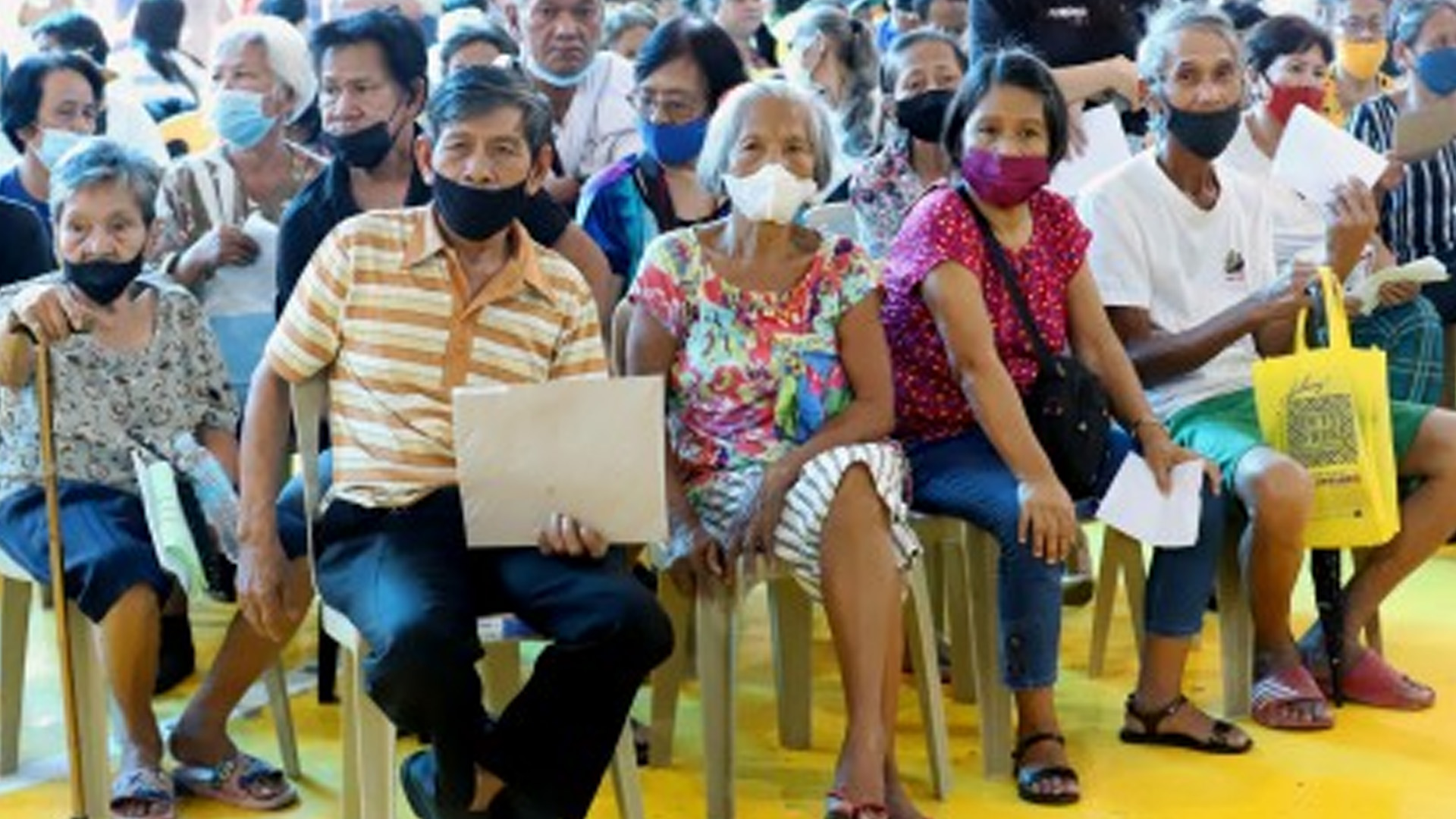The National Commission of Senior Citizens (NCSC) on Thursday welcomed the filing of a bill mandating the public and private sectors to hire senior citizens.
In an interview with PTV’s Bagong Pilipinas Ngayon program, NSCS chairperson Franklin Quijano said the filing of the proposed measure at the House of Representatives is a “good move” and a “very welcome development.”
“May mga nakikita lang kaming dapat pang gawin ng ating pamahalaan. Unang-una, sana po iyong makapagtrabaho ay covered ng insurance, and sometimes iyong mga civil service law, GSIS at SSS law (We see other things that our government should do. First of all, I hope that those who can work are covered by insurance, and sometimes those civil service laws, GSIS [Government Service Insurance System] and SSS [Social Security System] law) tends to limit the coverage of the insurance. Baka puwedeng tingnan ito (We might look into it),” Quijano said.
“But in the meantime, with the senior citizens working, talagang natutuwa ang senior citizens diyan. May iilan nang mga establishments na talagang nagha-hire, nag-i-employ ng mga senior citizens. Sana dumami ang establishments na nagha-hire ng mga senior citizens (the senior citizens are really happy with that. There are already a few establishments that actually hire or employ senior citizens. I hope there will be more establishments that hire senior citizens),” he added.
On Aug. 24, ACT-CIS party-list Rep. Erwin Tulfo, along with other lawmakers, filed House Bill (HB) 8972 which promotes the employment of senior citizens in the country.
Under the bill, at least 1 percent of all positions in government agencies, offices or corporations shall be reserved for qualified senior citizens.
HB 8972 also mandates private corporations with over 100 employees to reserve at least 1 percent of their positions for qualified ones.
Private corporations with less than 100 employees are encouraged to hire the elderly.
Citing a “lot of healthy and productive” senior citizens who wish to get hired, Quijano underscored the importance of transferring their skills, experiences and even wisdom to the next generation.
“We’re actually trying to encourage senior citizens to be more productive by encouraging enterprises to support them and enterprises to be created. Of course, employment is part of it and natutuwa tayo dahil maraming senior citizens ang naghahanap ng trabaho dahil gusto nilang magamit iyong oras nila (we are happy because many senior citizens are looking for a job and want to spend their time working). They possess the skill and the stability in the focused work,” he said.
Quijano said the work schedule of hired senior citizens should be “flexible” considering that some of them prefer to work for a certain number of hours.
Employers must also compensate the senior citizens accordingly, he added.
In an effort to develop a “homegrown, age-friendly approach” benefitting the elderly, the NCSC would launch the Philippine Plan of Action for the Senior Citizens and the guidelines for Philippine Age-Friendly Local Governments, Age-Friendly Cities, Municipalities and Communities on Sept. 25.
“With these two initiatives, we hope that the whole nation and the whole government will put their movements in cadence para matulungan hindi lamang ang senior citizens, hindi lamang ang bata, hindi lamang iyong babae kung hindi lahat ng age groups (to help not just senior citizens, not just children, not just women, but also all age groups),” Quijano said.
The action plan and guidelines would be launched ahead of the celebration of the Elderly Filipino Week from Oct. 1 to 7.
Over 2.8 million senior citizens have already registered at the NCSC’s online registration system.
The NCSC’s aggressive online registration campaign is part of its effort to build an updated, enhanced and reliable database of all Filipino senior citizens as it generates faster collection of data than manual registration.
Quijano said the NSCS is targeting the registration of around 1 million senior citizens by December.
“The attention being given by government and our nation to the senior citizens has been on the highest level, never been before enjoyed,” he added. (PNA)








